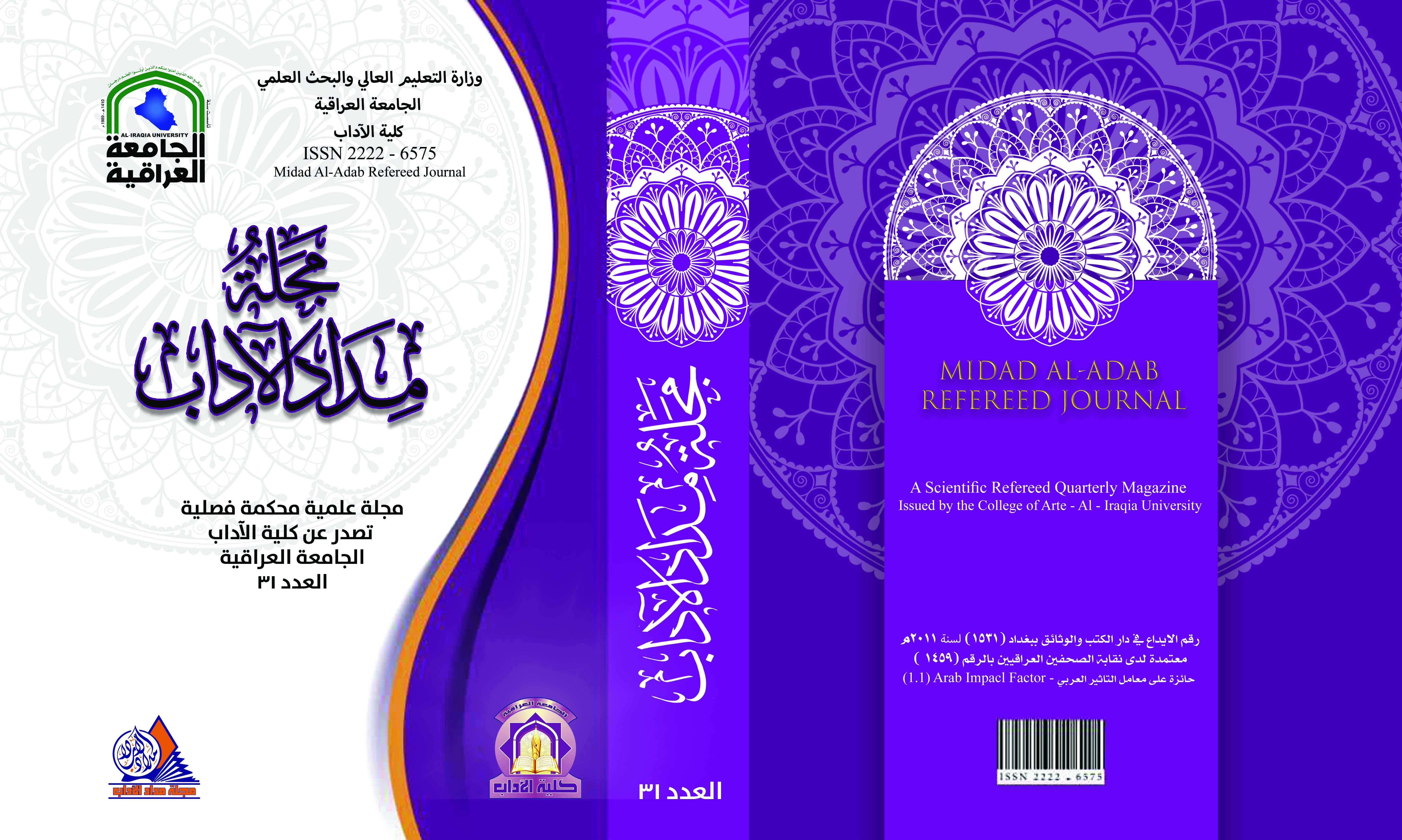A Linguistic Study of Relative Clauses in George Bernard Shaw's "Arms and the Man"
Keywords:
Key words: relative clauses, restrictive, gap, syntactic propertiesAbstract
The study tries to shed light on the relative clauses used in literary texts namely Shaw's 'Arms and the Man'. A relative clause is a dependent clause that modifies or describes an antecedent i.e. a preceding noun. Relative clauses are of great importance since they help in understanding sentences as well as providing a choice for writers to vary their texts. Relative clauses consist of three elements: head noun, modifying clause and relativizer. Literary authors shape the language of their texts to suit their purposes. The study postulates that relative clauses are common in the play and relative pronouns functioning as subject are used more than other types. It endeavors to find out how these subordinate clauses are used by the writer in order to communicate his ideas and specify or add more information about the referent. The results show that restrictive relative clauses are more common than non-restrictive as well as the use of relative pronouns functioning as a subject are the most used type in the play.








